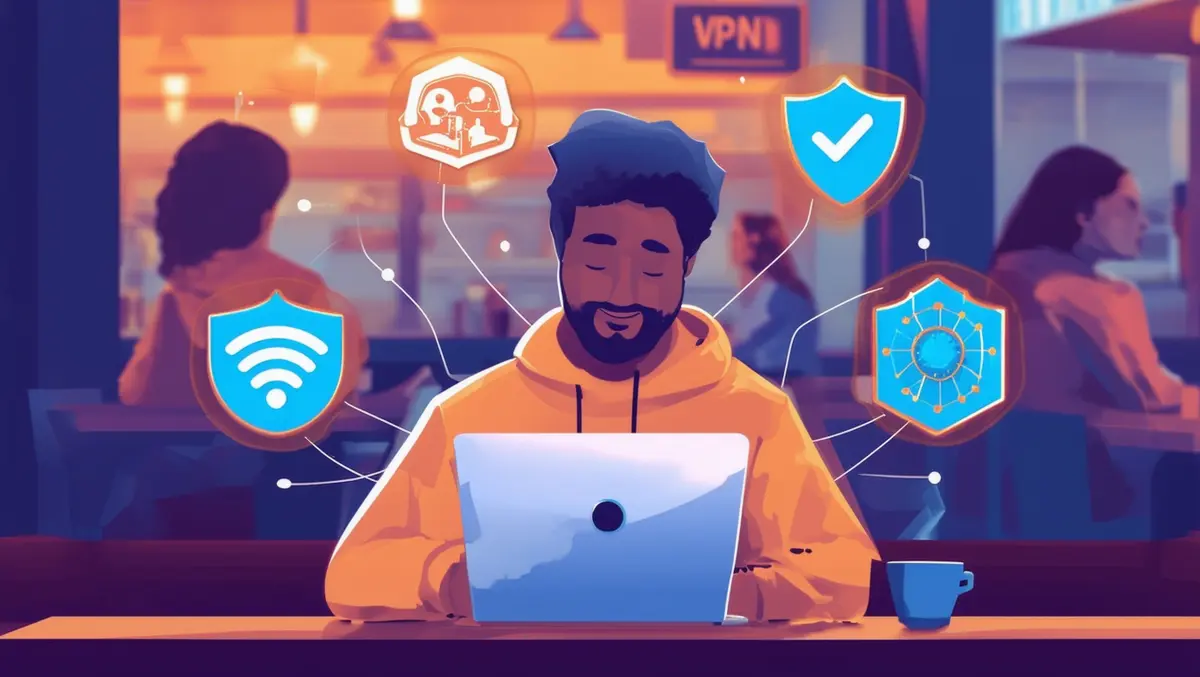
Kaspersky's essential tips for staying secure on public Wi-Fi
Using public Wi-Fi remains a convenient and popular method for staying connected on the go. However, there are significant security risks associated with connecting to these unrestricted networks. Kaspersky addresses the ongoing threats and offers practical advice on how to safeguard personal data while using public Wi-Fi.
Public Wi-Fi networks are commonly found in cafes, airports, shopping malls, and various other locations. Despite their widespread use and accessibility, these networks can pose substantial risks. Scammers often create fake Wi-Fi networks or compromise existing ones, sometimes using names similar to legitimate networks to trick users into connecting. Once connected, a user's personal information, such as social media logins, banking details, and email addresses, can become vulnerable to interception and misuse.
Kaspersky experts emphasize the importance of recognising these risks and share several key practices for ensuring data security when using public Wi-Fi. One crucial recommendation is to only connect to public Wi-Fi networks when absolutely necessary. Given their potential security vulnerabilities, minimising usage can already reduce exposure to risks.
Verifying the authenticity of the network is another important step. Users should confirm the legitimacy of the network with the facility's staff before connecting. This measure helps prevent connections to deceptive networks designed to capture personal information.
Attention to the login page is also crucial. Users should be cautious if a public Wi-Fi network's login page requests credentials through external platforms, like social networks. Such requests can be indicative of phishing attempts aimed at capturing personal information.
Another practice to enhance security is avoiding sensitive transactions while on public Wi-Fi. Users should refrain from accessing websites that require login information, particularly financial services, to significantly reduce the risk of sensitive data interception.
Enhancing privacy and security with a Virtual Private Network (VPN) is highly encouraged. According to Kaspersky, using a VPN while on public Wi-Fi can significantly improve internet privacy. Modern VPNs encrypt data and shield online activities from unauthorized access, without notably affecting internet speed, making them suitable for continuous use.
Kaspersky highlights that following these tips and using a reliable VPN can ensure that a user's browsing experience on public Wi-Fi networks remains private. In addition to data encryption, comprehensive security solutions can protect against various cyber risks like phishing, where scammers create fake networks to steal login credentials, and DNS spoofing, which redirects users to malicious sites. VPN encryption also helps guard against targeted attacks that exploit browsing history and other sensitive information.
Moreover, Kaspersky advises that VPNs should not just be considered for special occasions but can also be a part of daily cybersecurity measures. Keeping a VPN active at all times ensures that user data remains protected, maintaining privacy regardless of the network. High-quality VPN services do not compromise internet speed, allowing users to enjoy full protection without experiencing significant reductions in browsing or download speeds.
Anna Larkina, web content analysis expert at Kaspersky, notes, "Although VPNs are viewed as tools for special occasions, they can also be a cybersecurity measure for daily use. By keeping a VPN activated, users enhance their security and ensure ongoing privacy protection, strengthening their defense against present risks in the digital space."


